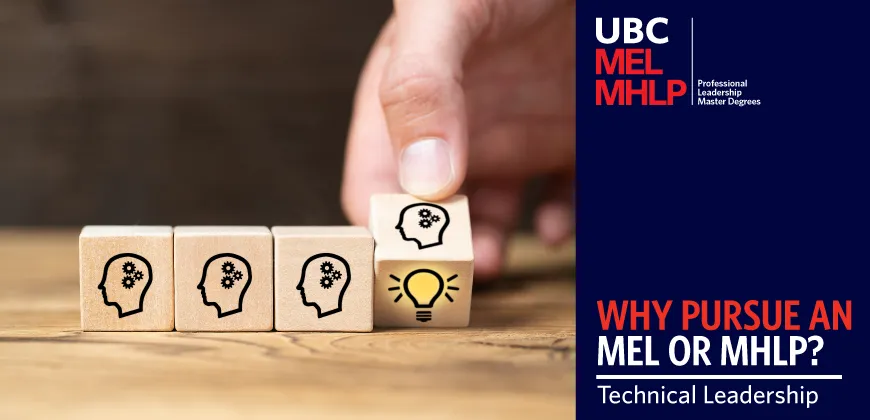Start with your strengths

You may have reached a crossroads in your career and aren't sure of the best path forward. And while Socrates' maxim “know thyself” is a good place to start, that too can be a challenge. What are your strengths? What are your weaknesses? What kind of position will enable you to use your unique skill set in a way that fulfils you and allows you to make an impact?
Tools like the Reflected Best Self exercise – described in a Harvard Business Review article on organizational culture called “How to play to your strengths” – can help you gain the 360-degree self-awareness needed to make more informed decisions about your future.
- The exercise has you start with asking past and present colleagues, family members, friends and others for their perspectives on your strengths, including specific examples of how those strengths have had a meaningful impact.
- The next step is to group your strengths into themes or categories. This can help you see yourself in new ways and better appreciate the value you bring to your personal and professional interactions.
- The third stage is to write a few paragraphs answering the phrase “When I am at my best, I….” This self-description will, in essence, become your personal mission. It’s a way of helping you imagine new possibilities and articulate what it might be like if your job empowered you to use your strengths to their full advantage.
- The final step outlined in the article is to redesign your job description to build on your unique strengths. As the article points out, however, not everyone will have the leeway to do this. Even so, small shifts may be possible. For example, you may be able to ask for new responsibilities or eliminate some tasks.
There’s always the chance that this process of self-reflection could lead to the realization that you need to do more than tweak your current job responsibilities. If this is the case, you may want to start searching for new opportunities where you can apply your strengths in ways that are more meaningful and you can have a greater impact on your organization or industry.
You may also realize that it’s time to invest in your professional development so that you have the knowledge and credentials needed to be considered seriously for the positions where you can excel. For example, you might identify that updating your industry knowledge, gaining new leadership skills and expanding your professional network could be valuable strategies to build on your strengths and achieve greater career satisfaction.
Other early-career professionals who have been in a similar situation have used UBC’s Master of Engineering Leadership (MEL) or Master of Health Leadership and Policy (MHLP) as a stepping stone to a more fulfilling job.
These unique postgraduate professional degrees combine a sector-specific curriculum that introduces students to the latest industry knowledge with business classes that deepen skills in communication, project management, strategy development and business basics. When alumni return to their previous organizations, they tell us that their enhanced skills and knowledge have made them more confident at work and able to make more meaningful contributions. Others find that the degree has enabled them to build expertise in a slightly new field and get hired for positions that enable them to use their strengths. Our alumni profiles are a great resource for learning more about how MEL and MHLP graduates are using the degrees to find greater career success and happiness. Finally, it’s also worth noting that if you are in a managerial position, the Reflected Best Self Exercise could be a useful tool for identifying positive attributes in your direct reports and building a more effective team. If you aren’t yet in a managerial or leadership position, the business courses offered as part of the MEL and MHLP will certainly introduce you to similar tools and strategies for creating and leading high-performing teams.


